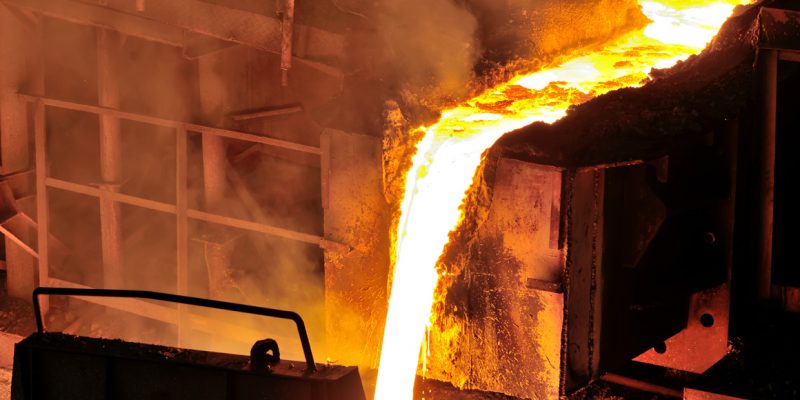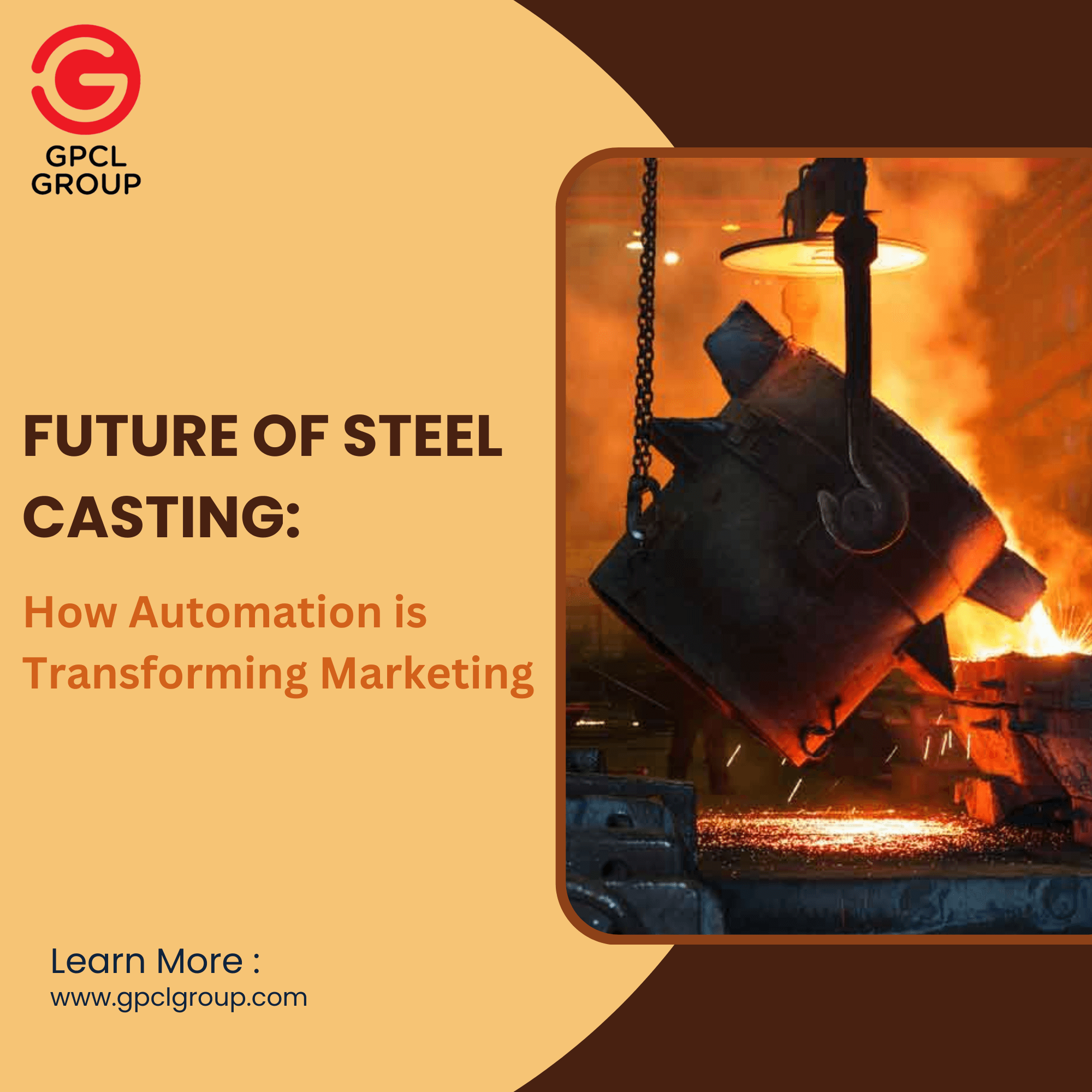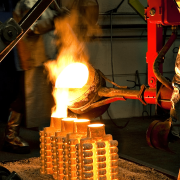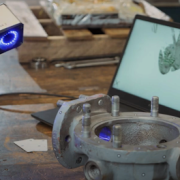Steel Casting, Digital transformation and Industry 4.0 are the most important topics for the future of the metal industry. Increasingly advanced sensor technology produces more and more information about the production processes of foundries and steel mills.
Each cast plate and each rolled steel strip requires thousands of data elements. Data accuracy is no longer based on information but on quantity. Analyzing data, recognizing patterns and acquiring information is no longer possible with traditional calculation methods.
The Future of Steel Casting: How Automation is Transforming Marketing
- Casters in the data stream
For aluminum and iron foundries, the agenda also includes creating operational information based on data supported by Big Data and applying Industry 4.0 solutions.
Solutions such as productivity improvements are needed by combining printing process simulations with data-driven process models – simulation software company Magma uses an analytical approach in its research project iProgus.
Energy efficiency and intelligent resources are always a topic of conversation, especially in industries that use a lot of processing energy, such as iron ore. You will see how Steel Casting is in action with Karl Casper Gass from Pforzheim.
The company manufactures various hand tools weighing from 100 kg to 9.5 tons. To meet the rapidly changing needs of customers while maintaining high reliability and production quality, Casper Gas is based on an integrated Industry 4.0 solution consisting of three pillars:
- Connect all functional devices.
- Planning and control system with 100% traceability through ERP system.
- As an extranet interface, it is a web portal that gives customers access to production information.
Feedback from all stages of production improves performance and increases quality.
- Industry 4.0 for steel production
The agile companies of the startup scene want to enter new market segments with digitization. Digital technology also opens up the possibility of disruption in the mining industry.
Mobile voice tracking and facial recognition on social media platforms such as Facebook, Amazon, Google and Apple are pushing the steel industry into innovative companies – machine learning is one of the most successful forms of artificial intelligence.
Although machine learning platforms were the subject of academic research a few years ago, they are now commonplace in our everyday lives and workplaces.
Right now, alloying is the area where we are most advanced in terms of implementation and calibration, but the rest of the areas are fully operational.
- Industry 4.0 in the rolling mill
Based on these steps, the company performs many activities in the production chain. Consider specialized measurement software, performance analysis, and control techniques such as vacuum cylinder or tape measure control.
Communication with external stakeholders, such as waste companies, can also be handled through Mecorad applications. The Mecorad scale measures steel bars with micrometric accuracy during manufacturing, which is a difficult task.
In the production of Steel Casting, dust and thermal radiation prevent accurate measurements of bare steel particles during production. The company wants to solve the problem of radar detectors. Accurate micrometer measurements are made in real-time throughout the process.
Unlike traditional laser or camera technologies, radar can penetrate the surrounding air, which is layered with moving vapors and dust particles.
- Catching up in the digital field
Established players are also motivated by the dynamism of young startups. For example, Plant Builder SMS uses design thinking to implement innovative digital services, such as those typically sought by digital startups. This is no accident.
Two years ago, the leading business builder set up its SMS Digital unit with the help of EY-owned digital transformation management consultancy Etventure to act as a “creative hub.”
In response to the market, SMS Digital introduced original equipment and software solutions such as intelligent alarm management “smart alarms.” Nurseries need to monitor plant health to maximize plant yield.
However, traditional human-machine interface (HMI) display systems do not always meet this requirement, as shown in the text message.
Conclusion
When big data analytics, artificial intelligence and web-based cloud systems replace previous data centers and relational databases, digital monitoring of devices and systems reduces maintenance costs, increases efficiency and enables product optimization. In today’s world, Steel Casting plays an important role. With the new alarm system, all equipment in the steel mill can be integrated into one system.



















Comments